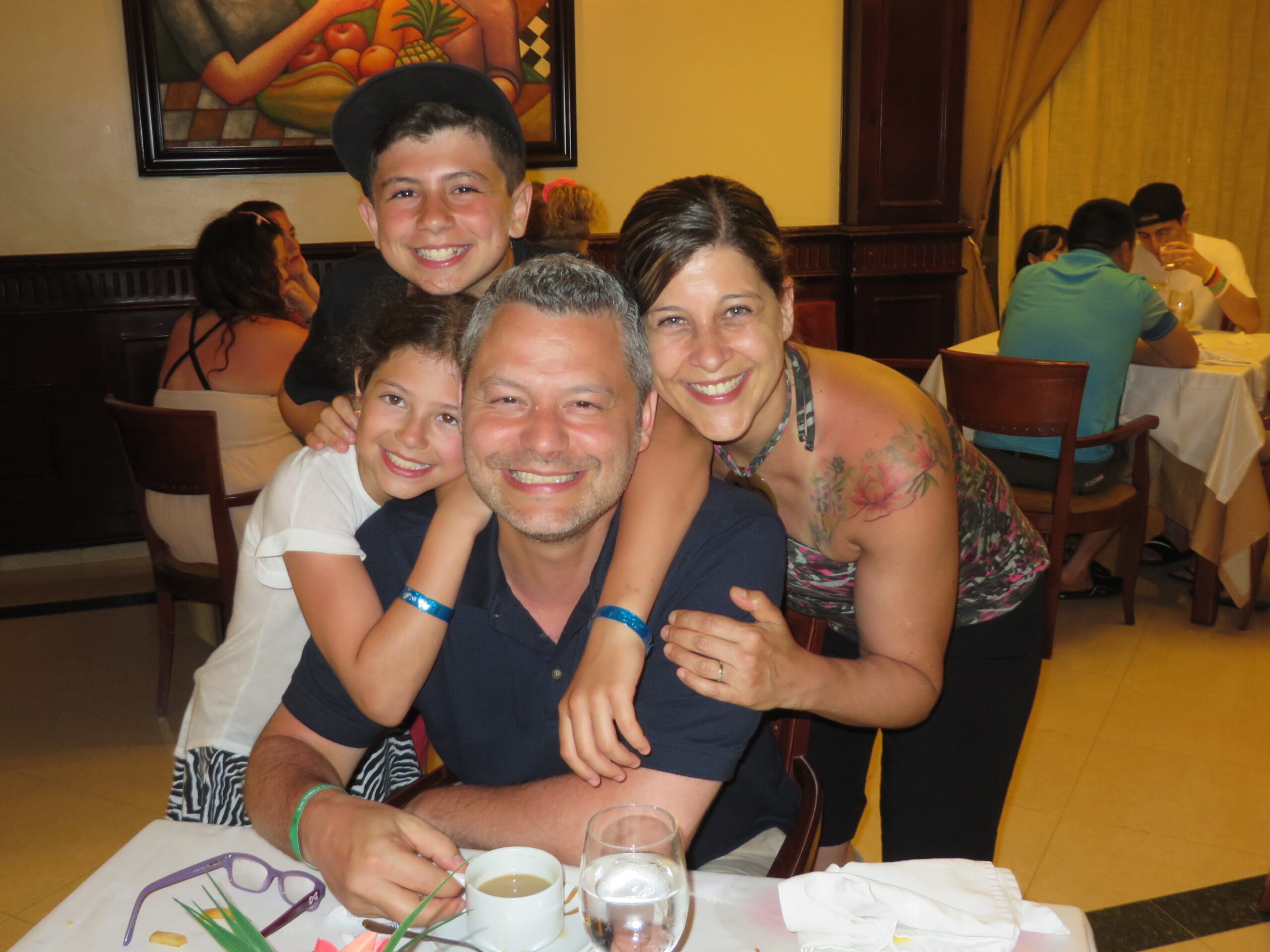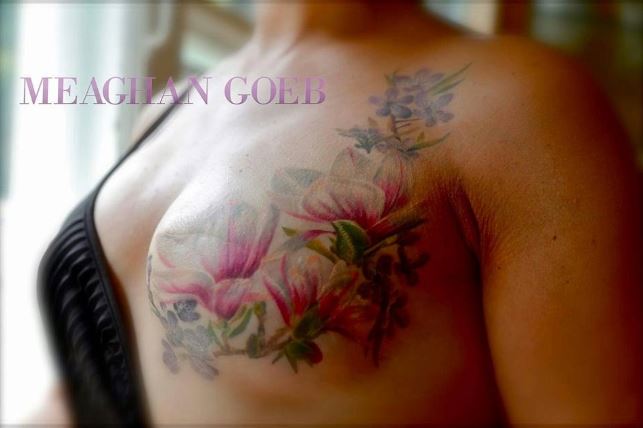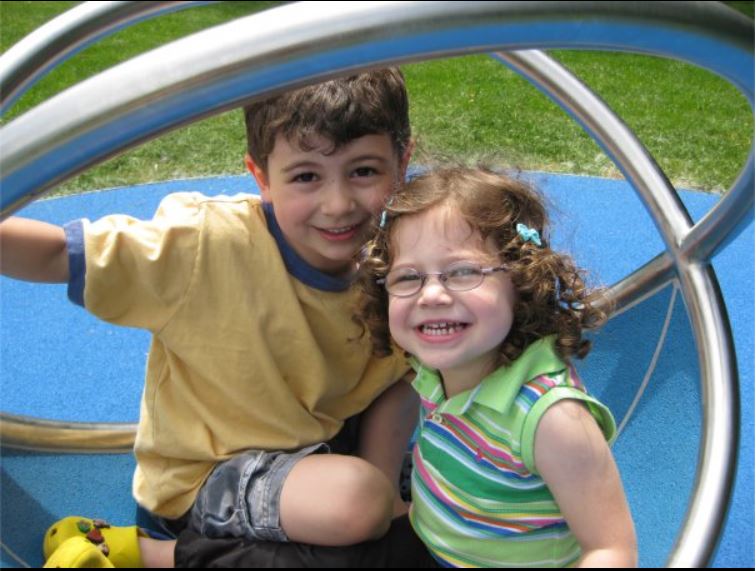When I think back to the last 8 years, I cannot believe how far I have come. It has been quite a ride and I would not change a thing. My BRCA2 mutation has given me so many things, some good, some bad — none of which I would change.
My mutation gave me an 87% chance of developing breast cancer and a 40% chance of developing ovarian cancer. These risks provided me with immeasurable fear, uncertainty, and vulnerability. As a result, I underwent surgeries to reduce my cancer risks, which were then followed by complications and many recoveries. Most importantly, my mutation gave me a wake up call.
Life is short and I always knew that I wanted to live it to the fullest so when I got the news that I was positive for a hereditary mutation, I knew that I was going to do everything in my power to keep myself healthy. I never once second guessed my decision to have risk reducing surgeries. I feel fortunate that I had many tools, as well as professionals, at my disposal.
One of the most important people I dealt with from the moment I found out about the BRCA mutation was my certified genetic counselor. Genetic counselors are health professionals with specialized training and experience in the areas of medical genetics and counseling. Genetic counselors work as members of a healthcare team, providing individuals and families with information on the nature, inheritance, and implications of genetic disorders to help them make informed medical and personal decisions. For more info about genetic counselors, go here!
Genetic counselors wear many hats — all of which are essential. They can be the bearer of good or bad news, and play important roles in decisions you make. First and foremost, they are able to assess your genetic risk to see which genetic tests are appropriate for you. When dealing with general practitioners, many will often order a genetic test for BRCA mutations if they feel it is needed; however, the BRCA mutations are not the only mutations that can put you at a higher risk for cancer. Various organs can be involved for hereditary cancer syndromes. Other cancer concerns aside from breast and ovarian cancer include: colon, pancreatic, prostate, skin, peritoneal, and uterine cancer.
Genetic counselors can provide you with the proper paperwork so that you will have minimal insurance issues. They can also provide you with connections to a social workers and psychologists. Genetic testing can often be a very emotional experience and there is nothing wrong with speaking with someone — in fact I encourage it.
When seeing a genetic counselor, it is a good idea to take family members with you who you think might also be affected by a mutation. They can help map out your family tree and provide documentation that you can share. If you are not able to take a family member with you, a counselor can provide resources and tools to help share the information with family as it is often very difficult to start that type of a conversation.
A family medical history is health information about you and your family. A family medical history includes information about the health and illnesses of your mother, father, siblings, your children, aunts, uncles, cousins, and grandparents. The more information you can provide, the better. If cancer has been in the family, please try and find out the age of onset, along with cause of death. If you notice patterns of medical issues, mention that as well. It can help determine whether there is an increased risk of developing certain conditions.
Aside from a family medical history, here are some other tips that will help. If you can, it’s a great idea to ask relatives if they have ever gone for genetic testing. If you do have the ability to ask, it would be great if they are able to provide a copy of those reports. It is extremely helpful and might even reduce the cost of testing. If a relative cannot join you for the appointment, I would also advise you to bring someone with you to your appointment. That way you have someone who is able to be a second set of ears. If not, you can always record the meeting. It can be overwhelming and sometimes things are forgotten.
Genetic testing is not for everyone however I truly believe that knowledge can be power. Many who undergo genetic testing feel a sense of relief. Knowing whether you are negative or positive can allow you determine a course of action. It can help with a surveillance plan or a prophylactic surgery path. It will also help with screening measures for your family. If you have tested positive for a genetic mutation, there is a 50% chance that each one of your family members may also be at risk.
It is important to remember that genetic testing can save your life if you use the information to be vigilant and take action. I truly believe this with all of my heart. Hearing that something is beyond your control is scary but there are steps that can be taken to decrease your chances of developing cancer. It can give you treatment options that weren’t available to you prior to a positive result. It allows more aggressive surveillance measures such as mammograms, ultrasounds, and colonoscopies to name a few. A positive genetic test is not a death sentence and I am proof of that. Without the knowledge, my story may of have had another ending.
Everyone does what is best for them and there is no right or wrong way to deal with genetic testing but having information at your fingertips is priceless — I am living proof of that.
If you are considering genetic testing or are waiting for results, reach out, talk with someone, find a support group as no one should ever feel alone. There will always be a soft place to fall, regardless of the results if you are positive for a hereditary cancer mutation.
If you have questions about genetic testing and counselling, please check the National Society of Genetic Counselors.

If you have tested positive for a BRCA mutation or any other hereditary cancer syndromes including Lynch syndrome, please come join the BRCA Sisterhood. They are over 6600 women worldwide and all of us are dealing with similar issues. https://www.facebook.com/groups/brcasisterhood/ Everything is private. Talking with others who “get it” is priceless.
Much love,
Karen
















